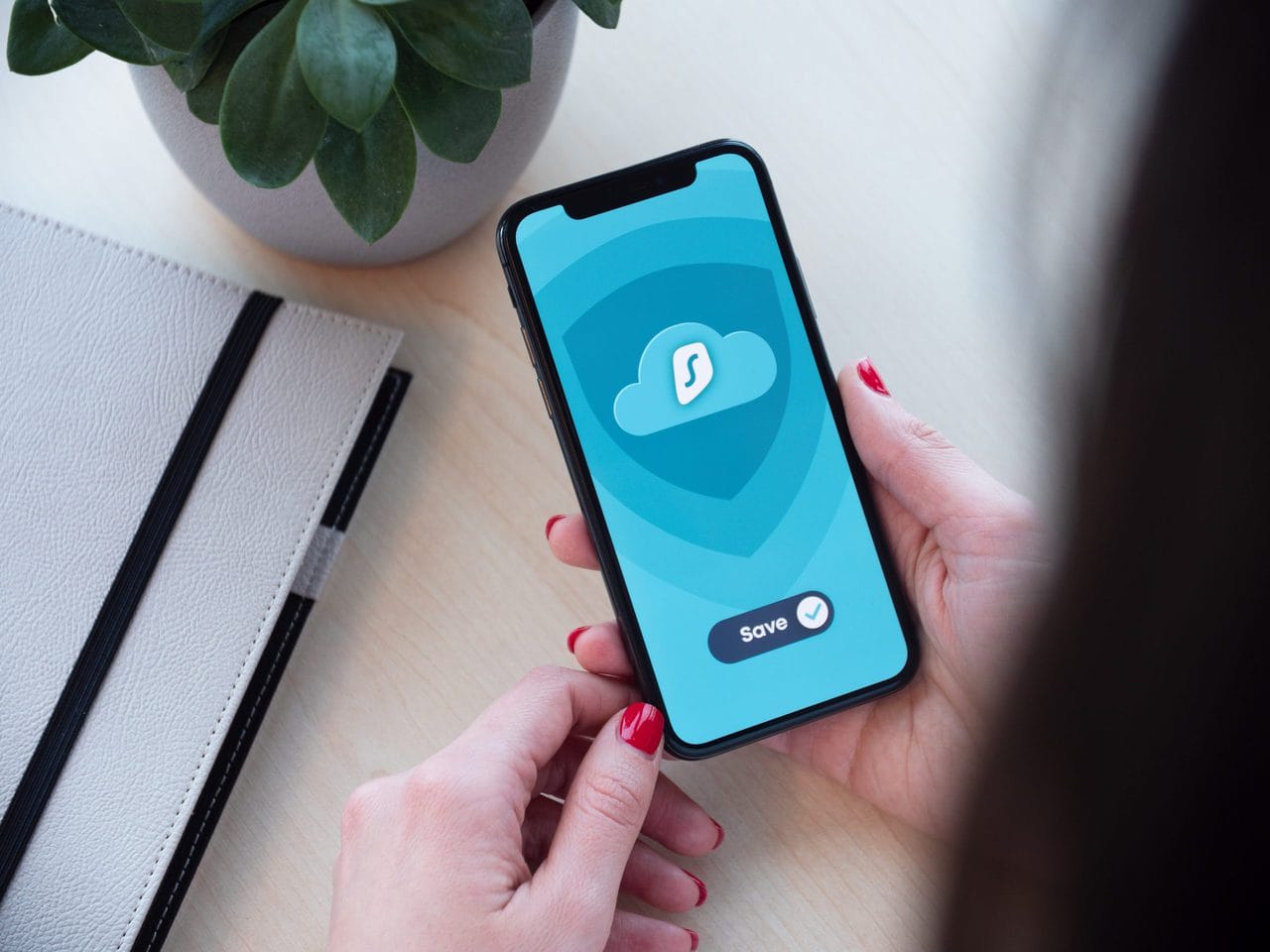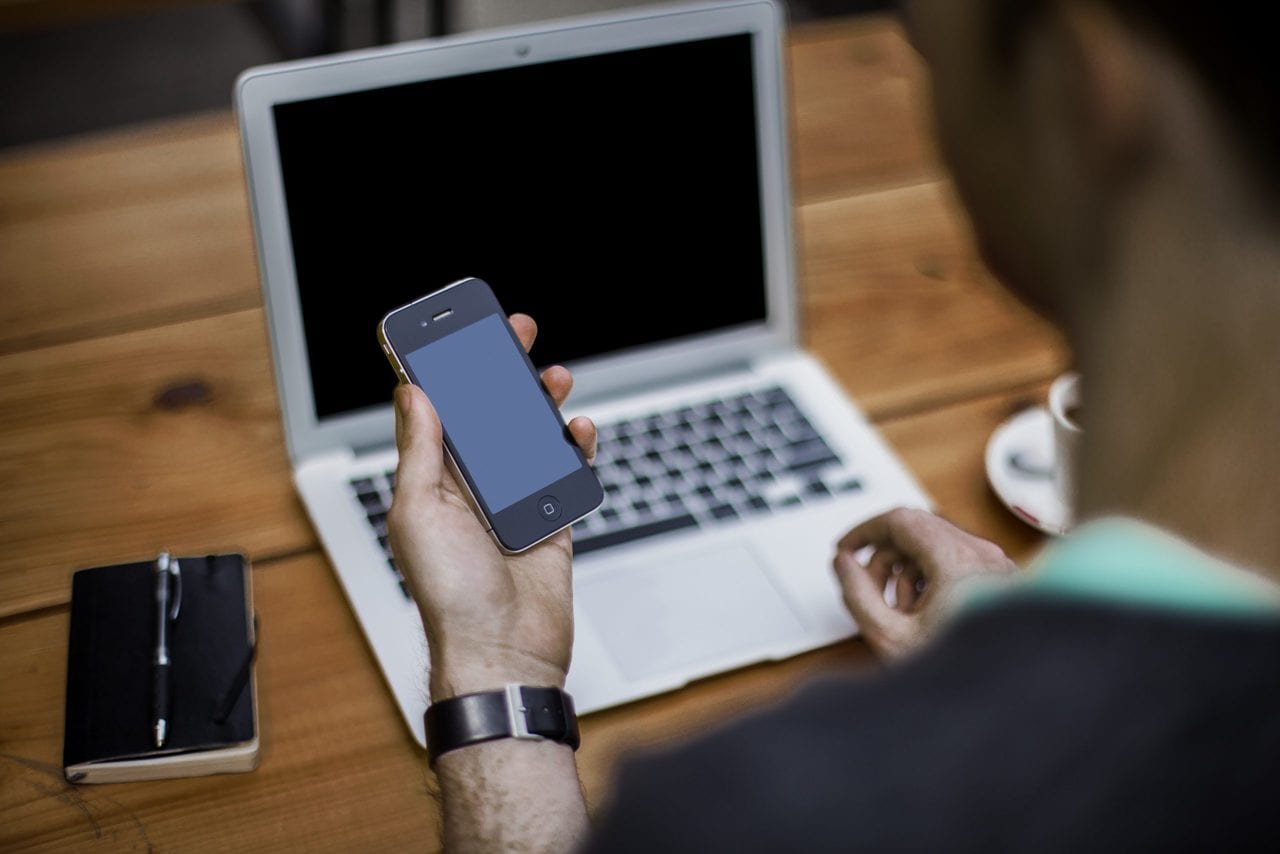Having a VPN service has pretty much become standard at this point. Most people have at least some form of a VPN on their PC, and even if they don’t, chances are they’ve probably thought about getting one at least at some point in their lives. As most of our communication and media consumption transferred online, our needs for privacy protection changed. Considering just the sheer amount of scandals regarding data breaches and the dubious collection of the same by third-party apps, it’s no wonder people have started flocking to VPNs in hopes of preserving their privacy and data intact.
And while you might feel safe having secured your PC, most people don’t even think about their mobile phones. This can be a huge oversight. Just think about it for a second, how many times a day do you access the internet over your phone? Some days, it’s likely even more than through your PC or laptop.
So, how about a VPN for your phone? If you’re still unsure about the idea, let us explain why this could be very beneficial in the long run.
Top Reasons for getting a VPN for your phone
App Security
From games, and calculators, all the way to messaging apps and photo filters, the number of apps an average person has on their phone is pretty much always a two-digit number. And it’s safe to assume that most of us are not app developers or movie hackers that know precisely what kind of security protocols each of those apps is implementing.
Not that anyone would expect your average Joe to have such knowledge, but having a million apps that have access to your other data can become a big problem should only a single one prove faulty.
Unlike your PC that displays a tiny padlock icon indicating that data is transmitted safely, phones have no such visual indicators. That’s where a VPN could come in handy, as those that provide robust mobile features usually include data encryption for any and all data leaving your phone.
Data Consumption
The days of direct phone texting are pretty much over. Virtually no one on the planet minds how many texts they can send anymore. Almost all written communication is done through apps such as WhatsApp, Messenger, and the like. So, unless you are so lucky to live in one of the countries that offer an unlimited amount of phone data at reasonable prices, you’re probably checking in on how much you have left every now and then.
A VPN isn’t a magic wand that’ll throw a few extra gigabytes your way every month, but it does encrypt everything and, in doing so, makes it a bit smaller. Meaning, you’ll be transferring less data while surfing. This is not strictly a security-related reason for getting a VPN, more of an added benefit, but if you’re looking to scrounge up every byte of data you paid for, this will be great news to you.
Security When Working Remotely
This is probably one of the most common reasons listed for getting a VPN for your PC. But in light of recent events and the world pretty much shutting down for a year, remote work is a stranger to no one anymore. At the same time, people indeed do most of their work from home. Many of us check in on important assignments and projects while on the go.
And considering how working remotely might be staying around for a while even after the pandemic, everyone is going to need a safe way to access confidential company data, even from their phones.
Public Wi-Fi
Much like with laptops you carry to coffee shops or just to work somewhere outside, your phones are always connected to public hot spots. Sometimes you might not even know they are, as at times, it’s enough to walk past one, and you’re automatically connected. Unlike your home network, public hot spots are not safe, and many people can be connected to them simultaneously.
This can be risky and potentially even allow your phone to be hacked or just accessed by someone else. We don’t want to fearmonger, but we all live in the real world, and these things can happen when you least expect them.
A VPN can cover your tracks when connected to public Wi-Fi and make sure all of your personal data stays safe by encrypting data and covering up your connection.
Your personal information will remain safe, and you’ll be free to connect to a public hot spot without the fear of anything getting out.
Geo-restricted Content
You’ve probably also heard of this one before, mainly concerning VPNs for your PC. But, let’s be honest for a second. You probably watch movies on Netflix or a similar streaming platform from your phone as well.
Maybe while you’re taking a bus, while on your break, or even on vacation, not being able to access geo-restricted content certainly isn’t a life or death situation, but it sure would be nice to access Canadian Netflix to watch your favorite show. This doesn’t only have to apply to Netflix; however, how often were you surfing the web and encountered that age-old bore reading “this content is not available in your country.”
With the help of a VPN, you can change the location of your IP address to anywhere in the world.
Most quality VPNs offer at least a dozen locations, if not more. That way, you can just click on the desired country, and your IP address will read as if your signal came from the country you choose, hence taking care of all your geo-restricted content issues.
Final Tips
A while back, VPNs were mostly commodities reserved for businesses and corporations that had to encrypt large amounts of confidential data. But, over time things changed and they are becoming more and more necessary each passing day, and we strongly suggest you consider getting one. It is also worth mentioning while on the topic that you shouldn’t just purchase a subscription to the first VPN you stumble upon. Not only because they all offer a different set of features, but because there are inadequate services out there trying to market themselves as something they’re not. So, don’t waste your money; spend some time doing proper research and get a quality VPN provider to cover your tracks.



Comments are closed.